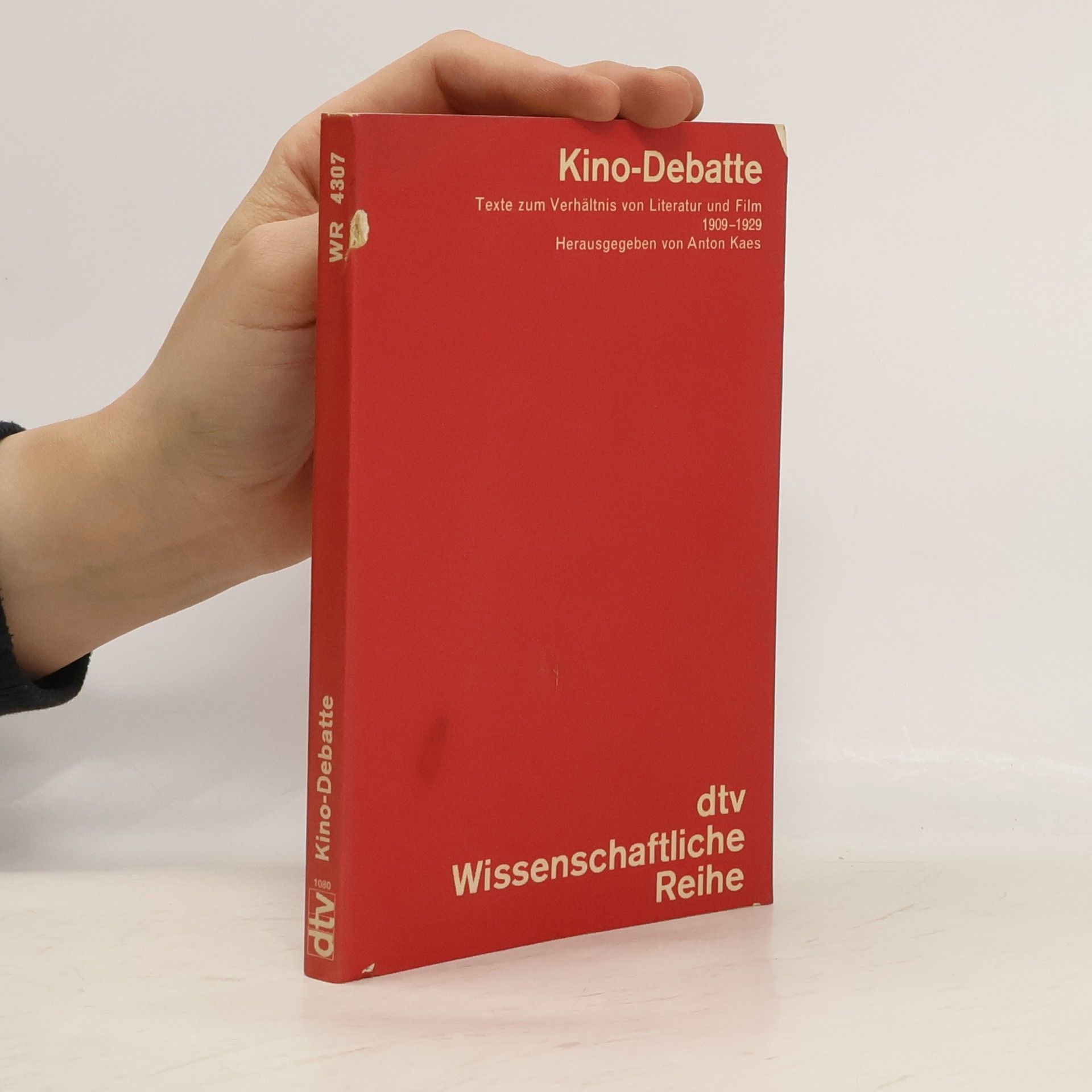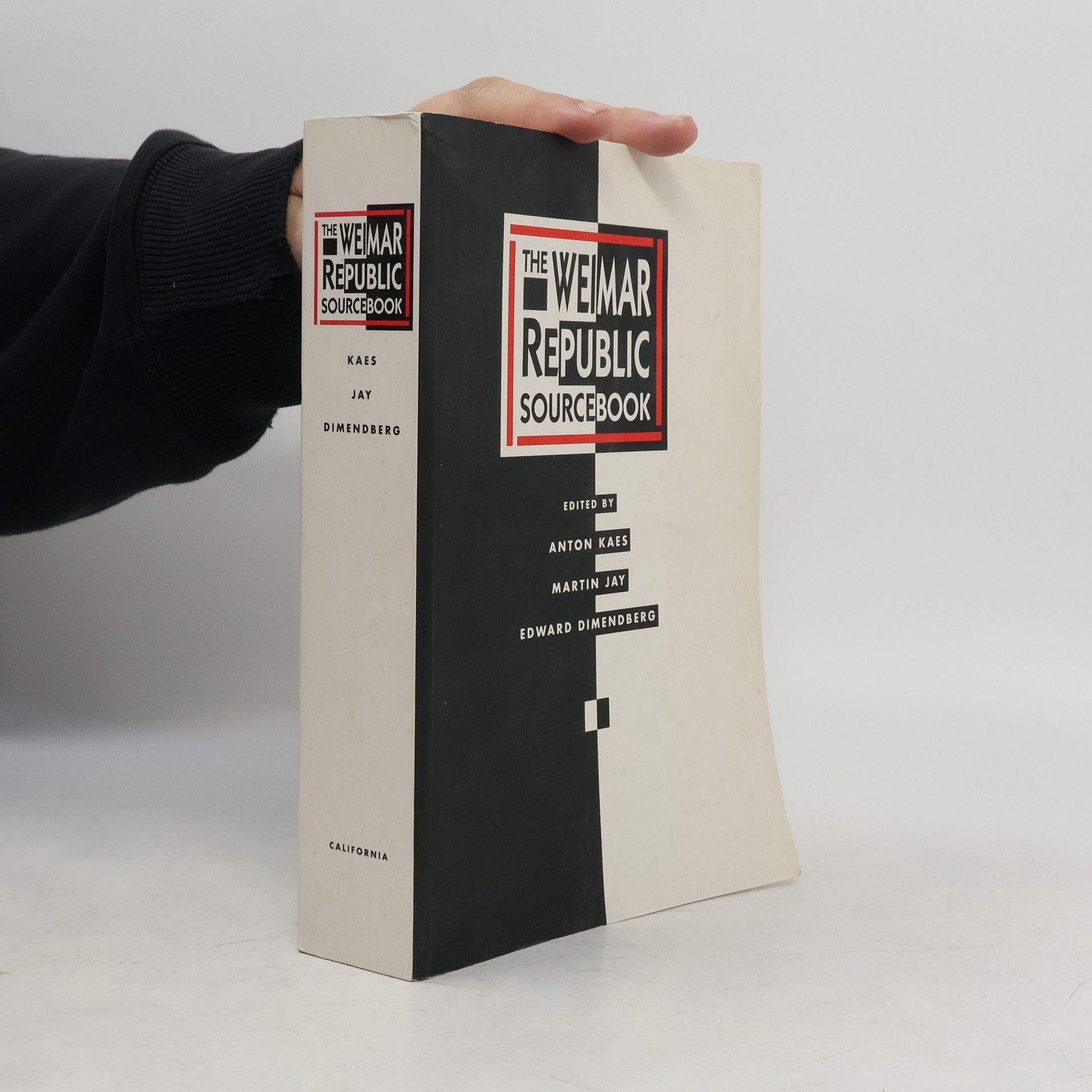The Weimar Republic Sourcebook
- 830 stránek
- 30 hodin čtení
The Weimar Republic (1918-1933) serves as a laboratory for competing visions of modernity, leaving a lasting impact on the twentieth century. Its political and cultural lessons are highly relevant for understanding contemporary tensions and possibilities. This sourcebook offers a comprehensive documentation of Weimar culture, history, and politics, inviting readers to explore the richness of Germany's turbulent years before Hitler's rise. Utilizing primary sources such as magazines, newspapers, manifestoes, and official documents—many previously unknown or unavailable in English—the book challenges traditional boundaries between politics, culture, and social life. Its thirty chapters delve into Germany's complex relationship with democracy, the ideologies of "reactionary modernism," the emergence of the "New Woman," Bauhaus architecture, mass media's influence, literary life, cabaret traditions, and the experiences of Jews, intellectuals, and workers during the rise of fascism. While highlighting the Republic's artistic and intellectual achievements, including the Frankfurt School and political theater, the book also features lesser-known materials on popular culture, consumerism, body culture, drugs, criminality, and sexuality. Additionally, it includes a timeline of major political events, an extensive bibliography, and capsule biographies, making it an invaluable resource for students and scholars across various fields.



